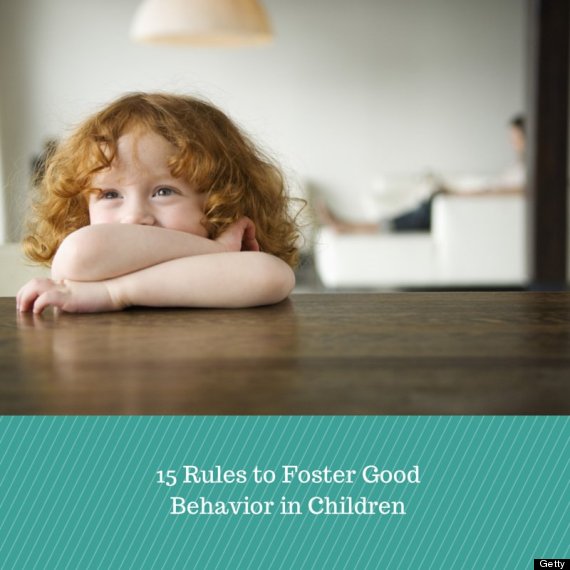
Friday, October 10, 2014
Finding Strength in Vulnerability
In my last post, I discussed one reason some people reject a mental health diagnosis – because the diagnosis attacks an important way they see themselves and they reject the diagnosis to protect their own identity. Today, I want to discuss another reason a mental health diagnosis is rejected – our cultural relationship to vulnerability. We are taught to deny and fear exposure of our weaknesses to others. Since the extreme states that result in a mental health diagnosis carry a natural vulnerability, someone who is newly diagnosed might reject the diagnosis so that they can continue to see themselves, and still be seen by their friends and family, as strong people. Unfortunately, this denial can interfere with having an honest relationship with the situation, and can prevent the newly diagnosed person from seeking out and accepting the care they need to properly manage their mental health diagnosis.
Tuesday, October 7, 2014
ADHD Often Lurks In Other Illnesses, But Frequently Left Untreated
 ADHD Often Lurks In Other Illnesses, But Frequently Left Untreated
ADHD Often Lurks In Other Illnesses, But Frequently Left Untreated
ADHD lurks in medical fields other than psychiatry, and it wears masks. Rarely will a patient or doctor see the symptom or the diagnosis as a manifestation of ADHD. And less often will either consider evaluation and treatment of ADHD as a pathway to health.
Wednesday, October 1, 2014
Redefining Race Relations: It Begins at Home

15 Rules To Foster Good Behavior In Children

15 rules that parents can use to help children learn to behave well (most of the time).
1. Play (and work) with them often.
This is the best way to teach children cooperation and self-restraint. The best way to help children learn to cooperate, when there is work that needs to be done, is to work with them.
